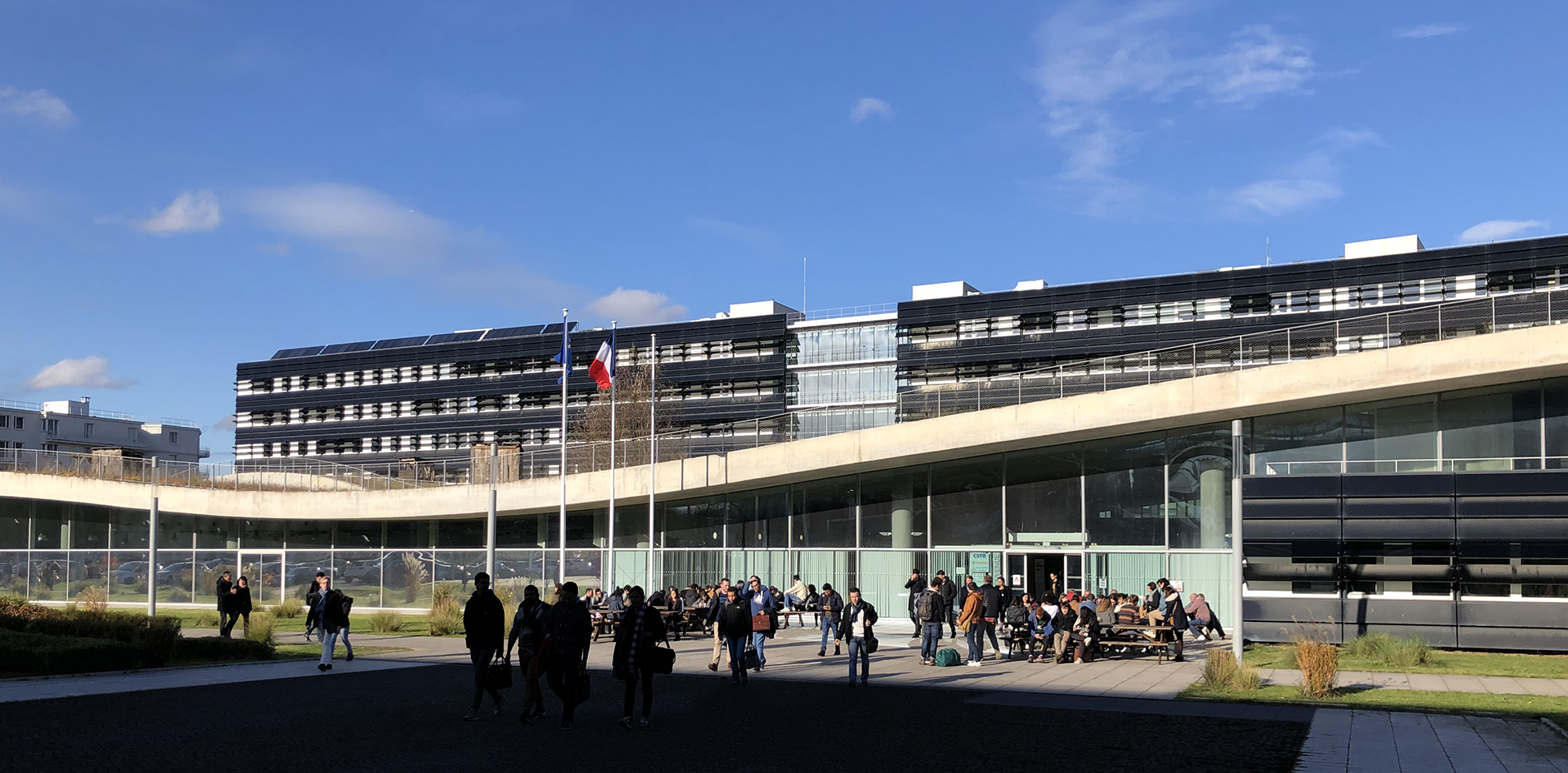Improving our ways to urbanise and innovate urbanisation processes are needed in order to meet the UN Sustainable Development Goals, hence deliver the Quito New Urban Agenda promise. During the Future Days event, participants renewed the listing of urban topics. They bridge the gaps between academics and practitioner. They have presented much more evidence-based policies at the global level and with local examples and test-beds. And, they generated a better understanding of the driving forces of urbanisation and of the needs for better regulating the processes.

People, Movement and Public Space
In a keynote at the Future Days 2019 event, themed ‘Legacy and Future of our Cities’, I illuminated the interdisciplinary topic ‘people, movement and public space’, in order to understand assembled complexities of cities which go along with this topic. I introduced a four-step approach: First, a network-theoretical approach in the analyses of path systems, aiming to understand the complex dynamic systems of real cities better. Second, the analyses of personal perspectives on these paths apply more a non-linear approach to understand complex trajectories and interactions in reality. Third, engaged with the human-adaptive approach, analysing the psychology of place helps to understand patterns in the evolutionary inter-subjectivity of being in cities. Lastly, by observing public life, understanding the emergence of life in real cities, and non-equilibria, may be understand from a self-organising approach.
A subsequent symposium addresses mobility, public space design, and metropolitan planning from an international comparative approach. It identifies the major challenges of metropolitan policies and practices and explains how stakeholders and partners take part in local experiments, research and training activities. Following the keynote theme four French researchers, presented their cross-over approaches contextualising evolving conditions of the urban fabric in Paris, Lille, Utrecht, Amsterdam.
Mobility Practice, Public Space Design, and Metropolitan Planning
When: 25 November 2019, 14:00 – 17:00
Where: 6-8 avenue Blaise Pascal, Marne- la- Vallée
Conveyor: prof Nacima BARON
Keynote: Maurice Harteveld
Researchers: Véronique Verges (Université de Lille), Albane Grandazzi (l’École Polytechnique), Pauline Detavarnier (Université Paris-Est), and Sébastien Marrec (Université Rennes 2)
Introducing a Rotterdam Workshop 2020: Olindo Caso (Delft University of Technology)

Future Days 2019 ‘Héritages et Anticipations Urbaines’
The Greater Paris event on the cities of the future is held at the Université Paris-Est – Cité Descartes, Paris Marne-la-Vallée until 28 November 2019. It is part of the French national excellence research project iSite Future, led by the Université Paris Est Marne-la-Vallée (UPEM), and Institut Français des Sciences et Technologies des Transports, de l’Aménagement et des Réseaux (Ifsttar), École Supérieure d’Ingénieurs en Électrotechnique et Électronique (ESIEE Paris), École d’Architecture de la Ville et des Territoires (EAVT), École des Ingénieurs de la Ville de Paris (EIVP), Institut Géographique National (IGN) and l’Ecole des Ponts (ENPC), in collaboration with the Laboratoire Ville Mobilité Transport (LVMT) and l’École D’Urbanisme de Paris. The Future Days 2019 supports the foundation of a new university focusing on sustainable urban development, Université Gustave Eiffel at the start of 2020, which grew out of the existing above consortium.
Urbanisation is a contemporary mega-trend encompassing systemic consequences of all sorts: social, economic, spatial, environmental, also profoundly affecting research and higher education. The formation of urban-related knowledge does not meet the current needs…
Paris Marne la Vallée, Cité Descartes, 20 November 2019
quote from ‘Creating an International League of Leading Universities on Sustainable Urban Development’(public report of the strategic advisory meeting)




